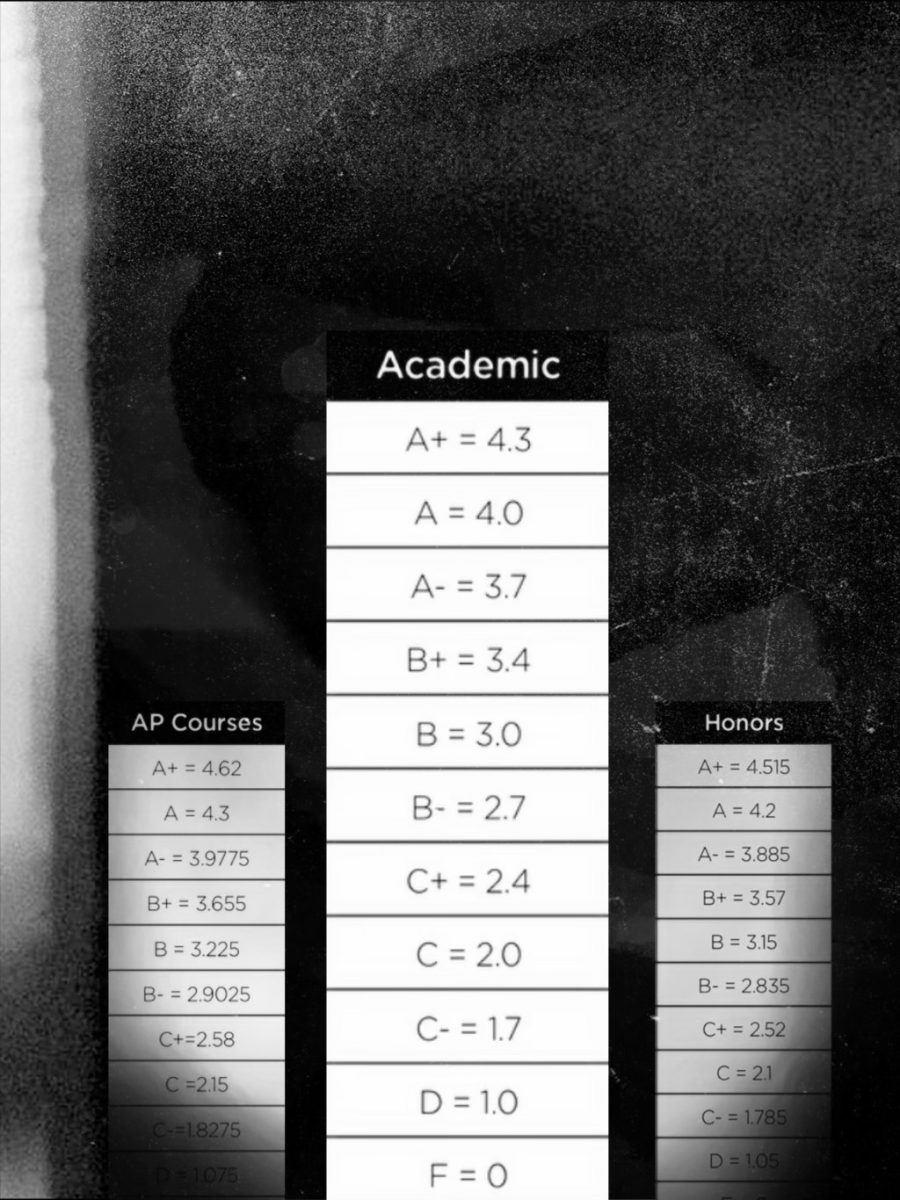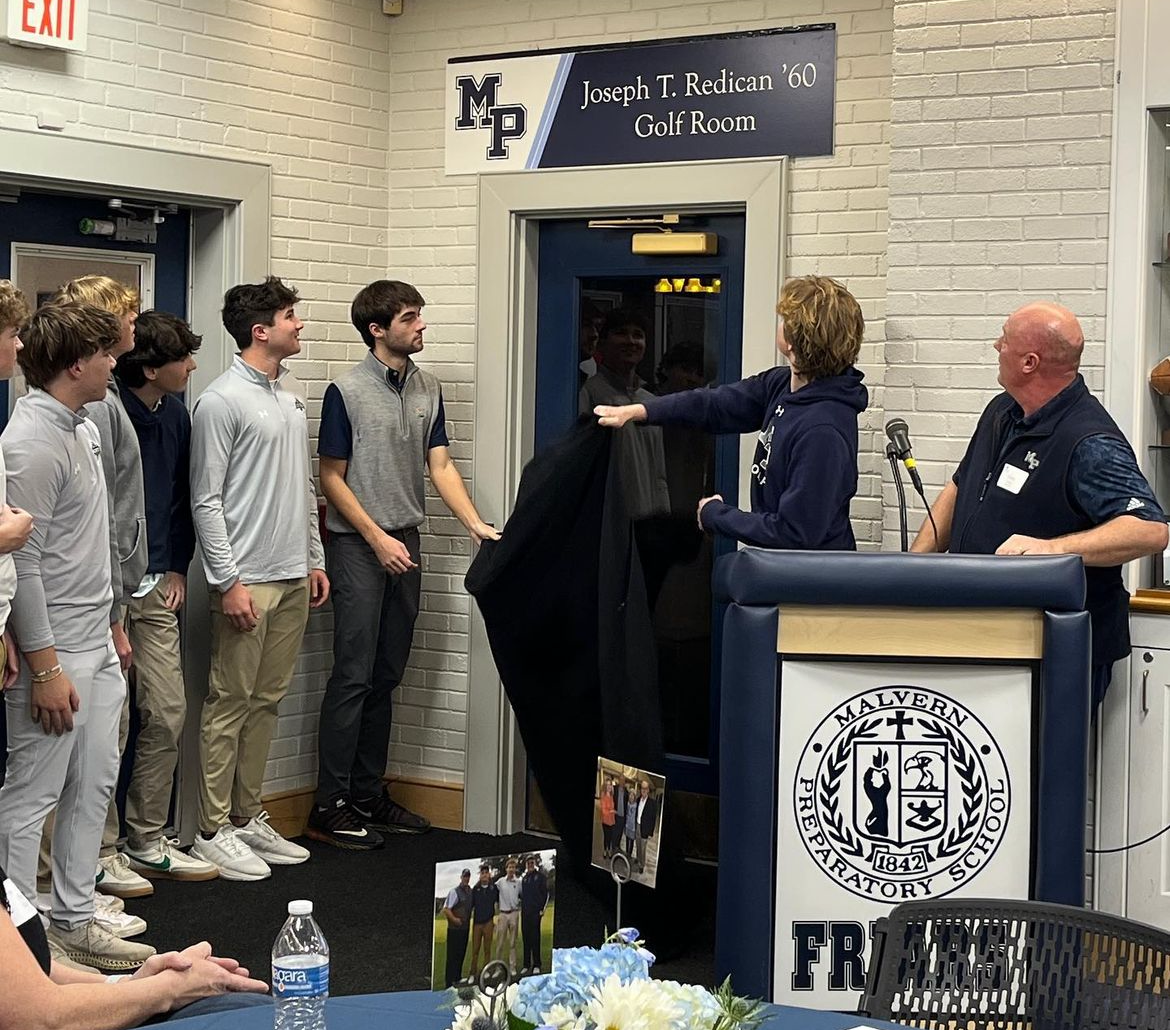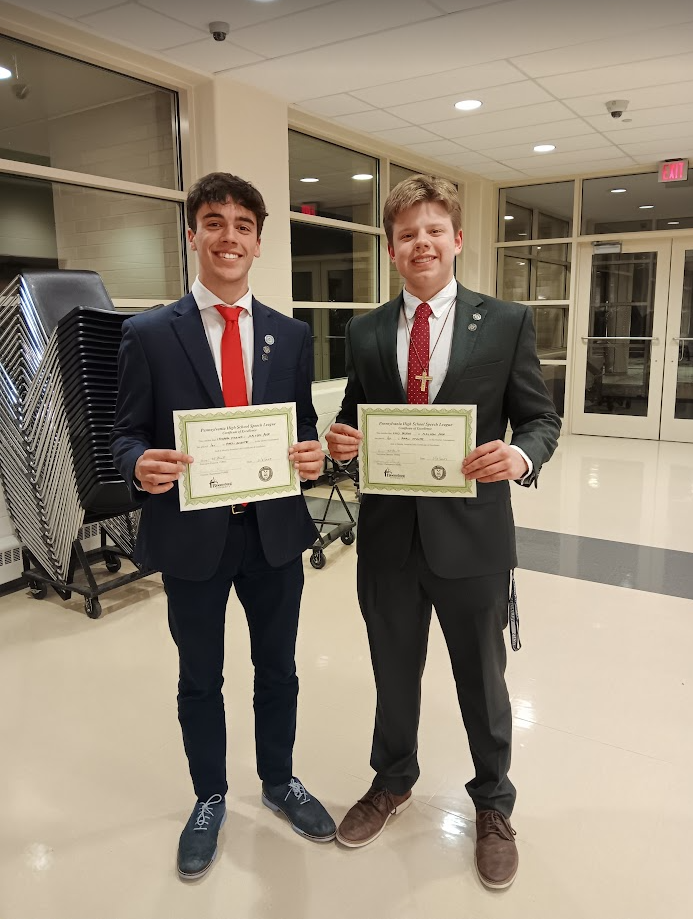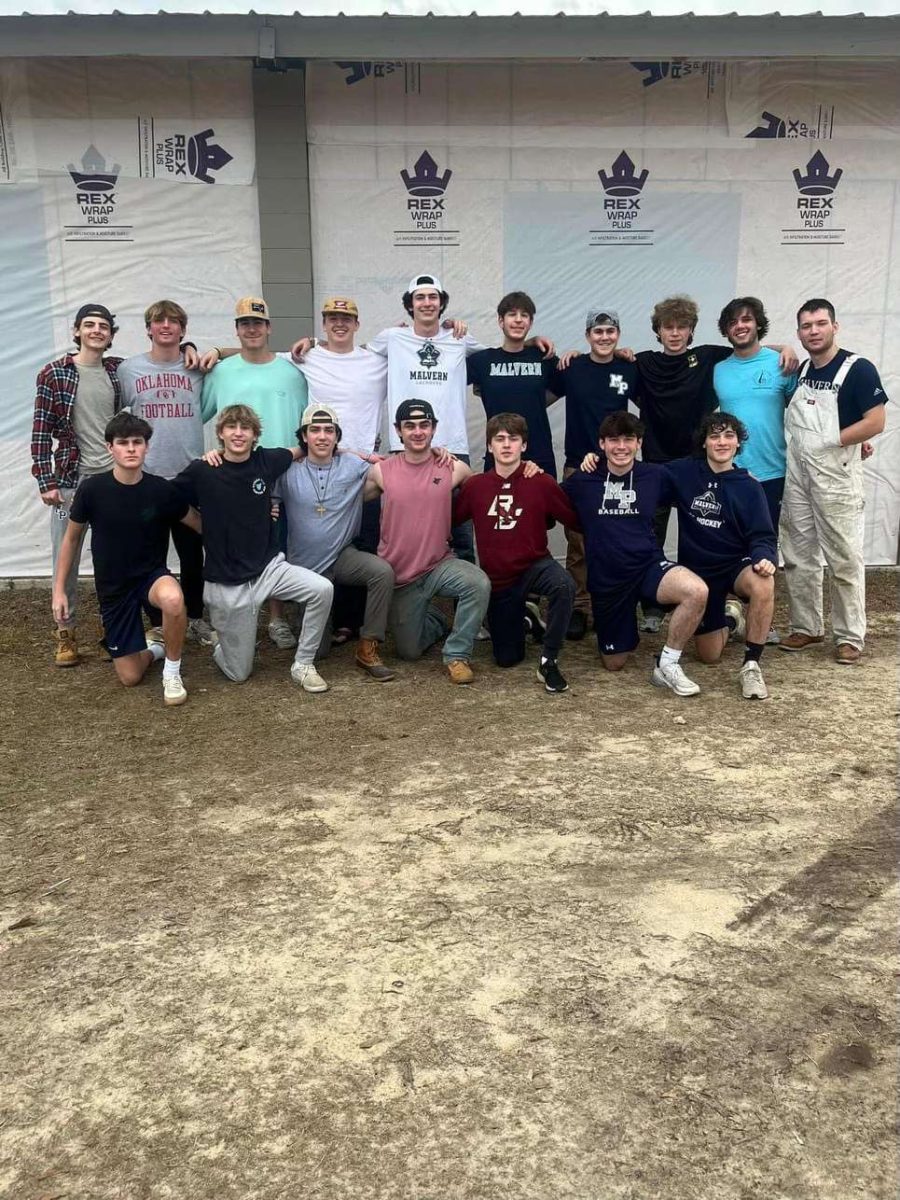A combination of homework, sports, and other extracurricular activities leads Malvern students to stay up later, get fewer hours of sleep, and not perform as well.

With summer approaching soon, many Malvern students will be heading to the beach or visiting family. However, another big priority will be catching up on missed sleep from staying up late studying and balancing other end-of-the-year commitments.
Freshman Conor McNally said he gets little sleep during the weeknights.
“I am usually going to sleep at around midnight each weeknight, and waking up at about six the next morning,” he said. “With the time it takes to finish homework and sports increasing, I find myself getting minimal sleep during the week, and having to catch up with long naps on the weekend.”
Sophomore Shane Hanson-Ashworth also feels sleep-deprived from the academic schedule and an increase in various activities.
“I wrestle five days a week, and I don’t get home until like 9:30 each night,” he said. “By the time that I finish my homework it is already 11:30 P.M.”
Hanson-Ashworth also has to wake up early to make it all the way from Bucks County to Malvern each day.
“I really miss having the Reverse-C schedules each Wednesday last year. That really helped me catch up on my sleep,” he said.
According to the National Sleep Foundation, many high school students are sleep-deprived, and any efforts to improve sleep times are a worthwhile pursuit. A recent poll found that according to parents, 60% of children under the age of 18 complained of being tired during the day.
“The National Sleep Foundation has long recognized that our nation’s teenagers are sleep deprived. We are encouraged by any measure that will improve sleep health and wellbeing,” the organization stated. “School administrators, local school boards and parents should continue to embrace these efforts and be engaged in the discussions about sleep need and sleep deprivation in the adolescent population; these groups should continue to revisit the impact this may have on school start times. The positive effects of adequate sleep are unyielding.”
The National Sleep Foundation recommends that adolescents get eight to ten hours of sleep each night, but with schoolwork, sports and extracurricular activities, many Malvern students are unable to get the recommended hours of sleep.
School Nurse Mrs. Catherine McGettigan has noticed that students may not be getting enough sleep at night. “Students come to me throughout the day, stating that they are tired,” she said. “They feel the lack of sleep is due to their academic and activity demands.”
Frances E. Jensen’s book “The Teenage Brain” describes sleep as one of the most important, yet least understood aspects of daily life. Particularly for teenagers, he notes, many aspects of what we do understand about sleep do not relate to the practical aspects of a school schedule.
“Teenagers are forced to abide by the adult chronotype, with early rising for school. However, this early rising does not necessarily result in an early bedtime,” Jensen wrote.
Teenagers are chronically losing 2.75 hours of sleep daily during the school week, which is extremely unhealthy, according to the book.
“I believe lack of sleep affects a person’s ability to learn,” Learning Specialist and Counselor Mrs. Francine Cox said. “When a person is tired they are not functioning or performing in their best capacity both intellectually and physically. Behavioral issues, attention and focus may become problems when a person is tired.”
Most students want to be involved in clubs and sports, and college preparation demands good grades and extracurricular participation. So what might be a possible solution?
Cox has an idea. “I have always thought that school days for elementary school students should begin earlier than school days for middle school and upper school students,” she said. “Younger children are usually awake earlier and have fewer time constraints– sports, extra-curricular activities– within their school schedules,”
Education Services Administrator Mrs. Diane Dougherty, parent of freshman Colin Dougherty, thinks there may be another reason for students missing sleep: constant access to technology.
Dougherty believes that Colin does not get enough sleep for school each day. “He might go to bed at a certain time, but falling asleep might be something different.”
“I honestly believe that the phones constantly stimulate your brain,” she said. “They’re waiting– did they text me back? Did I get another Snapchat? It just keeps the motor going. It’s hard for him to shut down and get some sleep.”
Jack McClatchy ’17 contributed reporting on this story.












